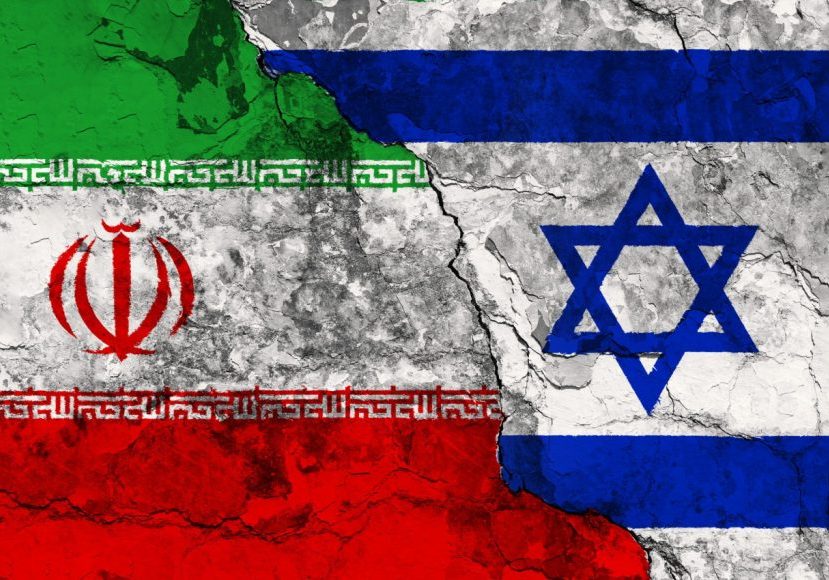IN THE MEDIA
The barriers to peace in Middle East
Dec 19, 2006 | Colin Rubenstein
Colin Rubenstein
Australian Financial Review – 19 December 2006
The resurgence of internal Palestinian conflict in recent days sheds some light on the assertion advanced again by the report of the Iraq Study Group in Washington. This claim is that the Israeli/Palestinian question is the “core” of the problems radiating out of the Middle East.
Everyone of goodwill wants Israeli-Palestinian peace as quickly as possible. However, the belief that it is the key to the region’s problems is not only incorrect, it is counter productive.
Would Israeli-Palestinian peace have prevented Iraq’s invasions of Iran and Kuwait? Would it have saved the hundreds of thousands killed in Algeria’s civil war? Or prevented Syria’s 27-year “peacekeeping” occupation of Lebanon? Will it stop the Arab Sudanese ethnic cleansing of black African Muslims in Darfur?
Yes, Middle Eastern extremists and the region’s dictatorships use real and exaggerated Palestinian suffering to foment anger against the West and increase their power. But would an Israeli-Palestinian two-state solution really curtail their ability to do this?
The Middle East is troubled by many economic, political and cultural deficiencies, which are the real sources of anger, resentment, and susceptibility to extremism. Resolving the Arab-Israel conflict, even if it were imminently achievable, would do little to ameliorate these underlying root causes of conflict and violence.
Rather, Middle East reforms will have to precede a viable Israeli-Palestinian peace. It has been clear since Camp David in 2000 that. For Israel, the Palestinians can have a state in the West Bank and Gaza, whenever they are able and willing to offer peace in return. Israeli Prime Minister Ehud Olmert was elected on a platform of trying to give them that state even without such a commitment.
What is holding peace back is primarily the perpetuation of Arab/lslamist rejectionism of Israel in any borders. Hamas, in power in the Palestinian Authority, categorically rejects any long-term coexistence. Fatah under PA President Mahmoud Abbas is divided and weak. Abbas is trying to call new elections, contain an incipient civil war and still explore a national unity government. But he is unlikely to succeed in either supplanting Hamas or amassing enough control over Palestinian society to deliver on any peace deal.
Rejectionism is being strongly promoted – with money, weapons and aggressive propaganda and diplomacy – by the Iran-Syria-Hezbollah-Hamas axis, escalating its bid for regional hegemony. By essentially agreeing with them that all the region’s problems are connected to Israel, well intentioned outsiders are strengthening rejectionism, thereby compounding the obstacles to peace and weakening the region’s moderates intimidated by this resurgent rejectionism.
Colin Rubenstein is executive director of the Australia/Israel & Jewish Affairs Council. Previously, he taught Middle Eastern politics at Monash University for many years.
Tags: Iran











